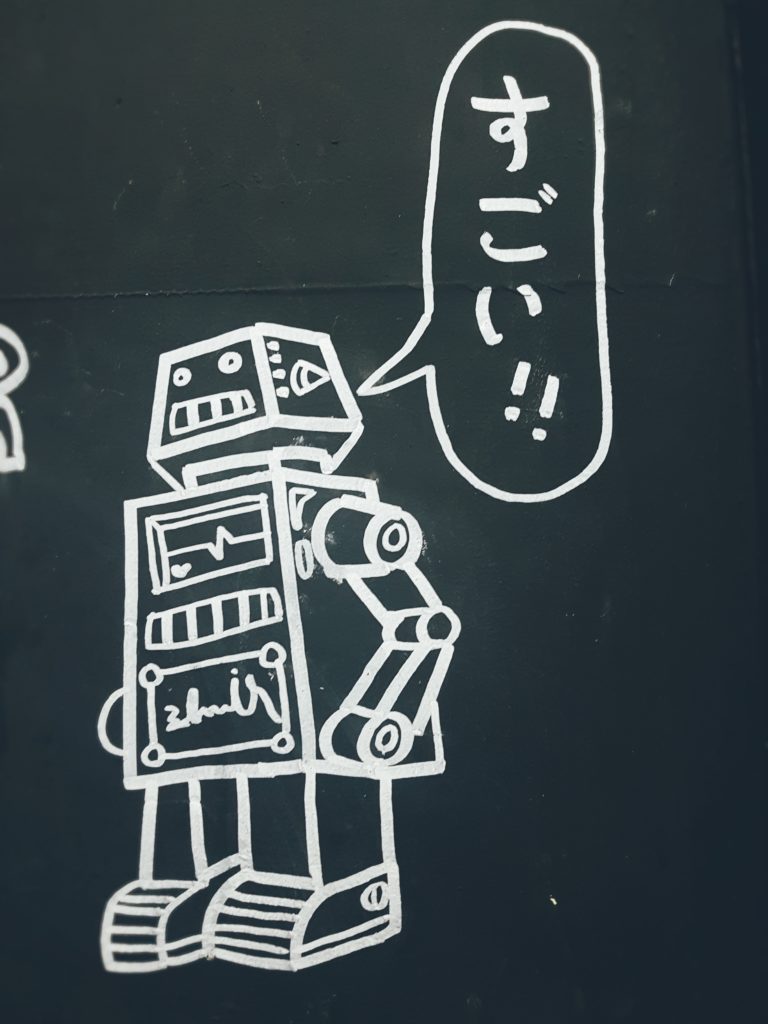Conversations that are emotionally difficult or complex in nature are often stressful. Whether it is difficult feedback, a performance review, communication of a change that has far reaching impact, or even a conversation to terminate a working relationship, many people struggle with the best way to have these kinds of conversations. They are challenging in person, but to have them online brings it to a whole other level. Why? In part, because we don’t have all the non-verbal clues we normally pick up on during a conversation. It is less social. The potential for misunderstandings is increased and many feel less comfortable looking at a screen and not into the eyes of the other person. With more and more companies making WFH the new norm beyond COVID19, having difficult conversations online in an effective and compassionate way is a critical leadership skill.
 In over 15 years of leading global remote teams, I have experienced firsthand how critical this is for the success and wellbeing of a team, its leader, and the organization. Your ability to have respectful, compassionate, honest, and straightforward conversations online will shape your culture and be a key lever for a high performance.
In over 15 years of leading global remote teams, I have experienced firsthand how critical this is for the success and wellbeing of a team, its leader, and the organization. Your ability to have respectful, compassionate, honest, and straightforward conversations online will shape your culture and be a key lever for a high performance.
Let’s imagine you have to communicate a decision that will impact one of your team members and you assume that they won’t be happy about it. The easy way out would be to just send an email, communicate the decision, and hope for the best. My first and most important recommendation is to resist that impulse and muster the courage and respect to have a conversation. There are certain things that I believe should not be discussed by email, chat, or voice message. They deserve to be synchronous and in real time.
The 3 Keys to Having Difficult Conversations Online
Here are my top 3 tips for having difficult conversations online in an effective and respectful way. While some of them may seem trivial, I have personally experienced the difference they can make.
-
Prepare for connection
Thorough preparation communicates respect to the other person in the conversation. It helps to reduce your own level of stress and increases the chances of achieving an outcome that serves everyone involved and the task.
- Set a clear intention for the conversation and communicate the purpose to the other person with enough time for them to be well prepared. You may even ask them to reflect upon specific questions.
- Create a respectful, safe environment. Be on time. Be mindful of not having a distracting (zoom) background. Try to ensure you will not have any interruptions. Even though this can be difficult under the current circumstances, you can try by locking the door or clearly communicating to others in your home that you need privacy. Silence your phone and computer so you will not have pings from text messages or email. Be in a calm, focused state. Ensure a stable internet connection and reliable equipment (microphone and camera).
-
Create a shared space for exploration
The level to which you can be focused on the person in front of you and the conversation at hand will influence how deep you can go, how much psychological safety will exist, and how creative the outcome may be.
- If you feel it is needed, acknowledge the impact the circumstances may have. “I wish we could have this conversation in person. Because we are not able to, I want to simply acknowledge that the circumstances are not ideal, but I am committed to do my best to minimize the impact. I hope you’ll do the same”
- Give your undivided attention.
- Switch off self-view so you can fully focus on the other person. Whenever possible, have potentially difficult calls with the camera on and remember to make eye contact on a regular basis.
- If you take notes, don’t type on the same device that you are using for the call. Either use pen and paper or a digital device that you can write on. Let the other person know beforehand that you may take notes from time to time.
-
Optimize for impact
Whenever there is physical distance, try to minimize emotional distance and be aware of the intention – impact gap. Just because you have the best intention for this conversation doesn’t mean you’ll have the impact you had hoped for.
- Take your time – don’t rush. This conversation may take more time online than it would have in person. Plan for additional time before and after the call in your calendar, in case you need to extend.
- Be curious, ask questions, and then listen, listen, listen. Listen with the intention to understand and not to judge or justify your perspective.
- Check for understanding and be specific – have examples, illustrate your perspective, explain the assumptions you’ve made.
This list is far from complete but has served me well. I hope it will encourage you to strive to have difficult conversations online with respect, humility, and courage. Then a “difficult” conversation has the potential to turn into an enriching experience for everyone involved, regardless of the reasons why we were having it in the first place.




